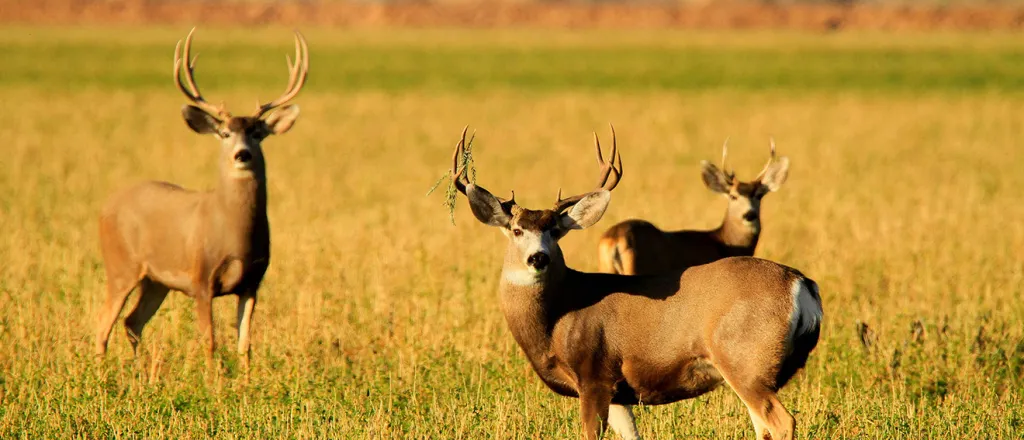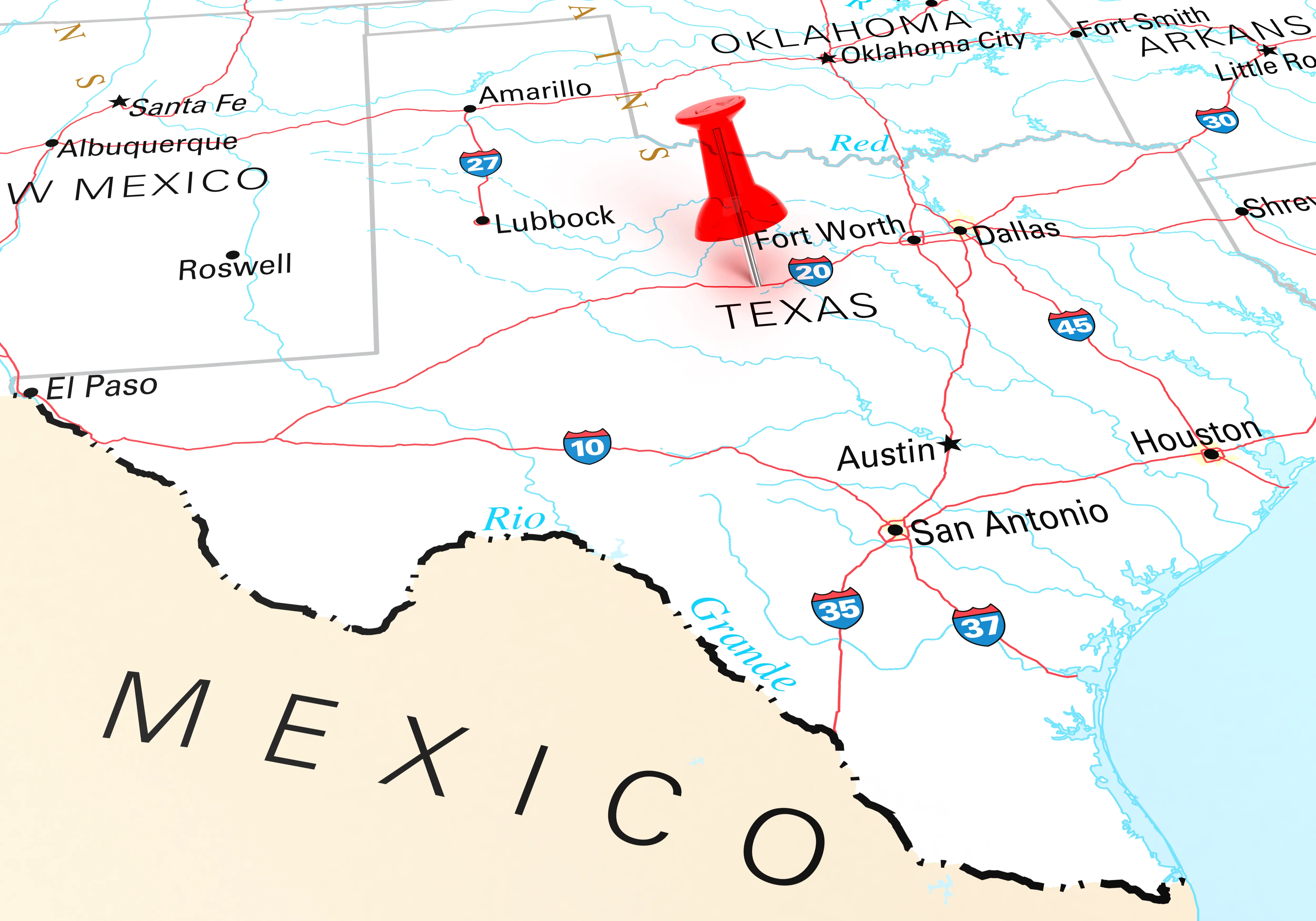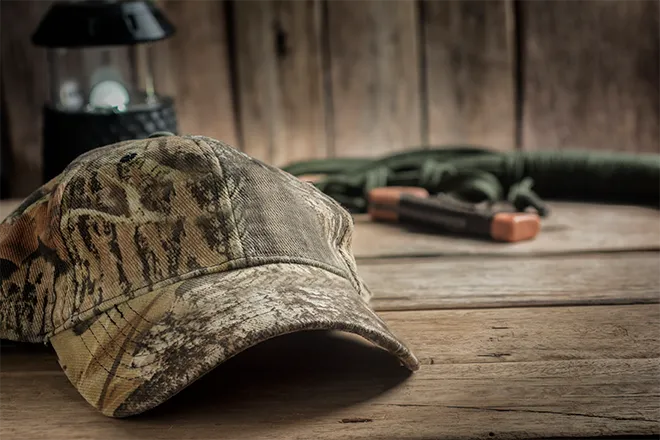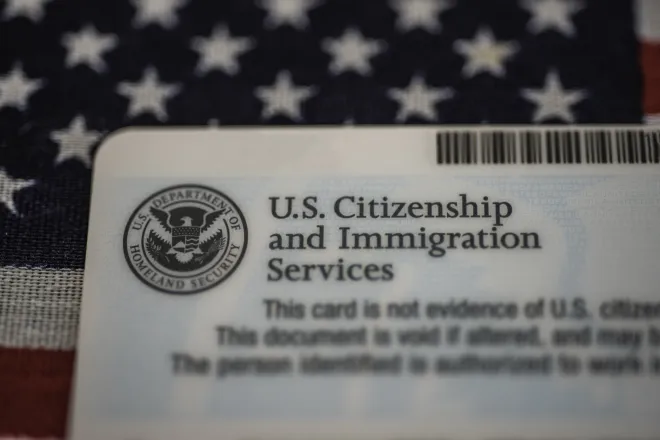
More support from Congress urged to protect wildlife corridors
Click play to listen to this article.
(Wyoming News Service) Wildlife corridor conservation is in the spotlight in Congress.
Last week, the Senate Environment and Public Works Subcommittee on Fisheries, Water and Wildlife held a hearing on wildlife corridors, which are important for animal migration in the winter and summer months and can be impeded by fractured landscapes. Sen. Cynthia Lummis, R-Wyo., is a member of the subcommittee.
Madeleine West, director of the Center for Public Lands at the Theodore Roosevelt Conservation Partnership, said protecting wildlife corridors is the top issue for hunting and fishing organizations.
"Abundant wildlife populations of big game species and small game species even, like waterfowl, are important to the TRCP and our partners and the 14 million hunters in this country," West explained.
Corridor conservation has been a bipartisan issue. It was a priority at a recent meeting in Wyoming of the Western Governors' Association. A Department of the Interior Secretarial Order from 2018 under the Trump administration provided financial support for research and on-the-ground work to conserve corridors. The order was expanded under the Biden administration.
West acknowledged the support has been helpful but argued the federal government could make more strategic investments.
"Dedicated and consistent federal funding would be very valuable," West pointed out. "Importantly, it's critical that coordination between federal, state and tribal agencies, as well as private landowners and hunting, fishing and conservation organizations continue and be fostered."
West noted conservation work has not just happened on the federal level. She added there are lots of opportunities to work with private landowners on voluntary conservation projects.
"Some of the best wildlife habitat and corridor habitat is on private land in this country," West stressed. "Because private landowners have done so much proactive, voluntary conservation work on their own to have outstanding habitat quality."















